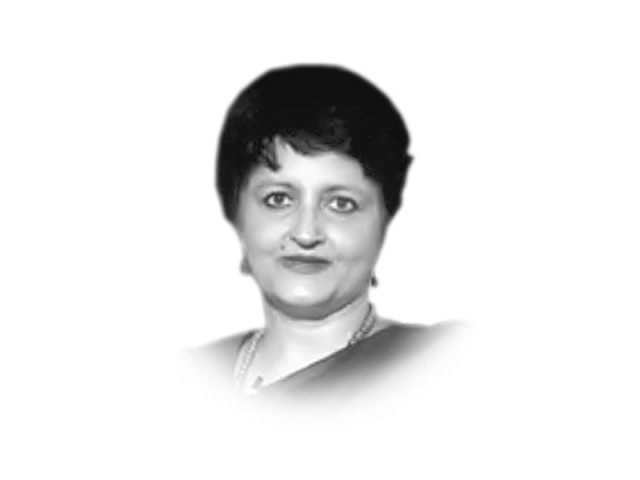Army & the state
The disappearance of political leaders of stature is why the military is becoming more important than ever before.

The writer is a consulting editor with The Statesman and writes for several newspapers in India
The army, as an occupying force, anywhere in the world, assumes a persona that might not always be recognised by the folks at home, more so if the ‘home’ is a democratic nation. The US Army in Iraq is a case in point as it defied all international conventions, not just during the ‘shock and awe’ invasion, but also after it, when soldiers looted museums of their rich heritage and used their suddenly acquired powers to torture and humiliate Iraqis. Political America was unable to contain its military, which in the name of ‘national interest’ pursues a course that defies all that democracy and democratic aspirations stand for. This is true of the US Army in Libya, in Afghanistan and in parts of Pakistan, as well.
Armies of ‘democracies’ acquire a different face if deployed in sensitive states, within the country as well, with rape and human rights violations becoming a norm rather than an exception. The same army that appears benign in other parts of a country and is admired and respected, acquires a nasty (to put it mildly) demeanour when given the power to deal directly with civilians. This moves into reckless authoritarianism, as prolonged stay then allows a military to develop vested interests, which it then works to protect. Some of the current revelations by the Indian media and former army officers point in this direction. It must be said here that the deployment of armies by so-called democratic governments always comes behind a fig leaf of sorts, with terrorism these days providing the excuse for military brutality where no questions are asked, and no action is taken, even for the kind of images, of prisoners being chained and leashed by US soldiers, that emerged from Iraq, for instance.
Then, of course, there are countries ruled and governed by their armies. Even when the army decides not to directly hold political power, it remains the guiding and controlling force from behind, thereby belittling the institutions of democracy and the will of the people. Even when it allows the people their say, as it has recently in Egypt and in Pakistan, the threat of army rule hovers in the background, exercising limitations that the ordinary person is sometimes not even aware of.
In the process, governments spend more and more on defence, creating enemies where there are none, and preparing for a war that all know will devastate the world. While it is no one’s case that defence is not important, it has to be defense not offense, as is happening with the US which attacks to ‘defend’ itself from the shadows its propaganda machinery creates and then boxes with weapons of mass destruction, chemical weapons, nuclear weapons, et al. And defence, as we all know, really is a euphemism for offensive posturing by governments that spend more on military budgets than on health and education for their entire peoples.
The disappearance of political leaders of stature from the national and global stage is a primary reason for the military becoming more important than ever before. The political stature to work for peace, rather than conflict and war, no longer exists with small leaders finding it easier to wage war on other nations or on their own people, than building democracy and its pillars of peace. The weaker a government gets, the stronger its military becomes as it knows that it can call the shots and determine policy for the weak-kneed politicians in power.
US President Barack Obama can never wag a finger at the Pentagon in a decisive ‘No’. Prime Minister Manmohan Singh can never withdraw the Armed Forces Special Powers Act from Jammu and Kashmir and the northeast. And Prime Minister Nawaz Sharif can’t dictate important strategic decisions. This is, after all, in the natural course, for if civilian governments wage war, their reliance on their military will grow and the army will take command; however, if they wage peace they will be in command and the army will be in the barracks.
Published in The Express Tribune, September 28th, 2013.
Like Opinion & Editorial on Facebook, follow @ETOpEd on Twitter to receive all updates on all our daily pieces.














COMMENTS
Comments are moderated and generally will be posted if they are on-topic and not abusive.
For more information, please see our Comments FAQ